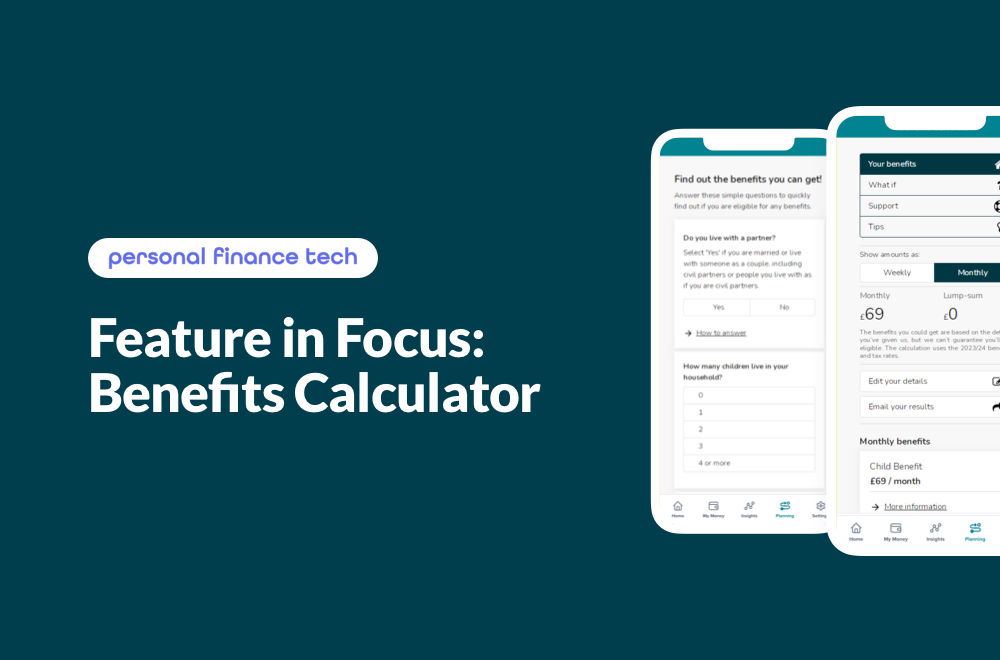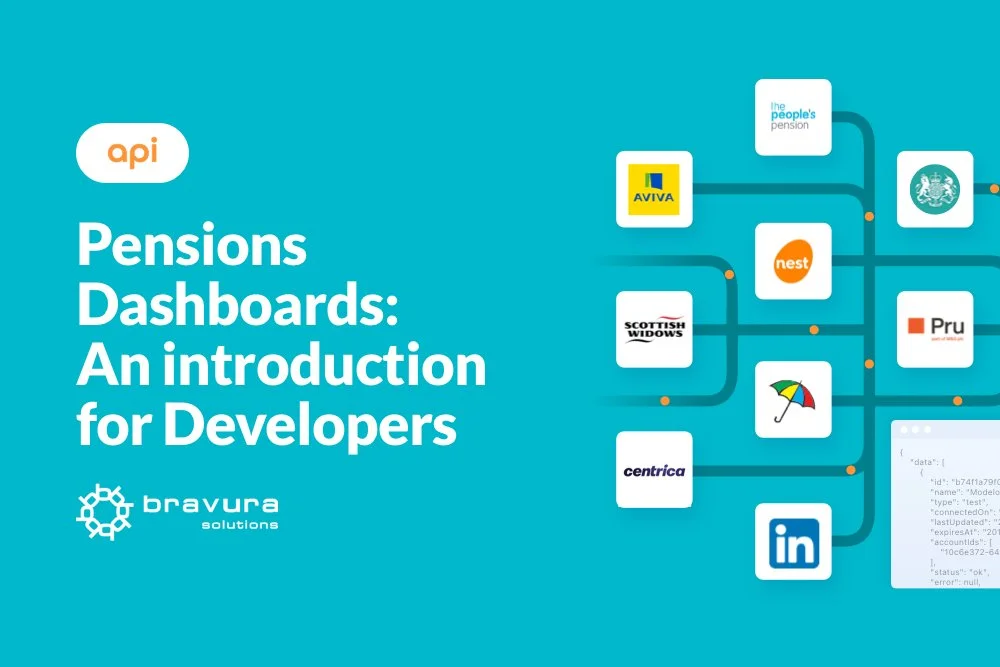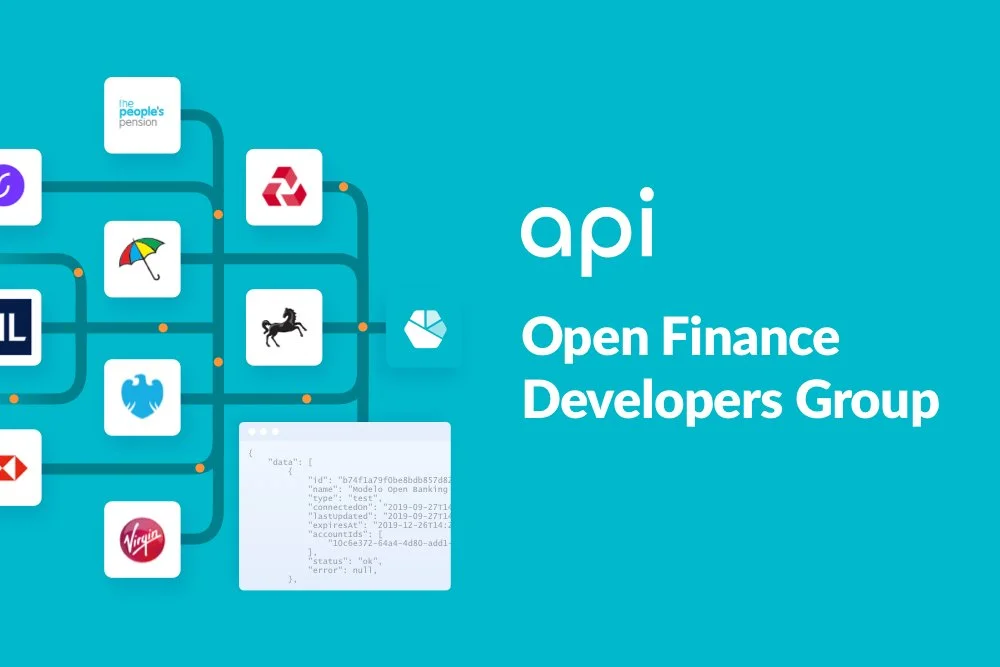The benefits of Open Finance are ready to be incorporated into businesses, the result of many product and industry developments. Open Finance continues the paradigm shift in financial services to give consumers the ability to leverage the power of their own data - helping businesses deliver game-changing products and services that are laser-focused on delivering more personalised experiences and better outcomes.
Open Finance is the next stage in the evolution of Open Banking. Open Banking mandated that individuals owned their own data and that banks had to give consumers the ability to share their data with authorised third parties.
Open Banking has been a game changer for financial inclusion and product innovation, with over 11% of the UK population benefitting from Open Banking solutions. The problem is that Open Banking only covers payment accounts (such as bank accounts, credit cards and e-money wallets). It does not include investments, pensions, properties, mortgages, loans, and the other data which make up the rest of people’s financial worlds - limiting the potential benefit to financial wellness and inclusion.
Open Finance extends Open Banking beyond payment accounts and allows consumers to get a truly holistic view of their finances.
Whilst Open Finance does not yet carry the same legislative obligation as its predecessor, Moneyhub is heavily involved in a number of industry initiatives to introduce various aspects of Open Finance. We will see the range of data available growing exponentially in the short-to-medium term.
How to get started with Open Finance
Just because there is no mandate doesn’t mean there is no data. Many firms have already gone beyond the Open Banking mandate to expose their data through APIs - meaning that innovators seeking to unlock the benefits of Open Finance can do so immediately.
We recently launched a new API Recipe called ‘Fact-finder’, which illustrates what is currently possible. It draws people’s financial data into one view, increasing firms’ internal efficiency and enabling them to deliver personalised experiences empowered by access to rich data sources.
Fact-finder goes beyond account connections, bringing the whole financial picture into one view and applying Moneyhub’s analysis and intelligence to deliver the highest possible level of service to the end user.
It also shows that firms can use Open Finance to deliver better customer outcomes at every stage of their interaction. Feel free to get in touch to learn more about it!
Why should I care about Open Finance?
The Financial Services landscape is ever-changing and evolving, as are the challenges faced by financial service providers and financial advisers.
The rising cost of financial advice is widening the “Advice Gap” - a troubling trend in which quality financial advice is only accessible to people with significant investable assets. This leaves people with fewer assets (but still significant sums of money) unable to access financial advice that would allow them to get the very best out of their money.
The FCA Consumer Duty regulations are further increasing the pressure on firms, mandating them to demonstrate fair value and positive outcomes for their clients while actively avoiding customer harm.
Seamless sharing of data is absolutely vital for solving both of these issues and driving new innovations, which will further help firms battle these challenges.
A number of cost-effective alternatives, such as robo-advisors or hybrid advice models, have recently come to the market, aiming to provide guidance where necessary, reduce the cost of advice and close the advice gap. This is great in theory, but in practice, a lot of the time, the responsibilities are just shifted onto the consumers’ shoulders, which can be daunting, time-consuming and prone to errors. As a result, we haven’t necessarily seen the adoption rates needed to really shift the dial.
The key to solving these issues is the seamless sharing of financial data, allowing consumers to connect, aggregate and share a holistic view of their finances. This will unlock the potential of robo-advice propositions and increase the efficiencies of traditional financial advisers.
Automated fact-finding onboarding could effectively triage consumers into the most appropriate area of advice or guidance for them based on their actual financial situation. Some people may just require hints, tips or guidance. Others may need some more specific financial advice that can be delivered through a robo-advice proposition. For some, speaking to a financial adviser is required, but the adviser will be armed with most of the information they need to provide comprehensive and personal financial advice.
Introducing Fact-finder…
Our Fact-finder API Recipe provides a holistic, in-depth snapshot of customers’ finances to enable the delivery of advice empowered by access to real-time data. It offers Open Banking and Open Finance connectivity, as well as house price lookup, pension connection, spending/ cashflow analysis, ISIN matching and nudges that encourage actions that improve financial wellness.
Firms that deploy Fact-finder can save on the cost of onboarding whilst reducing abandonment rates because they no longer have to do a key part of the work required to really get to know their customers’ unique financial situation.
Fact-finder is one of our range of API recipes that includes Smart Saver, which supports customers’ financial journey through personalised and automated saving, and Rent Recognition, which helps people improve their credit profile and access the financial advice they deserve.
What’s next for Open Finance?
Fact-finder is part of our mission to enable financial services firms to bring the benefits of Open Finance to their customers. We already connect our clients to thousands of institutions and give them the ability to gain holistic insights into consumers’ habits, needs, behaviours, and aspirations.
Moneyhub partnered with The Investing and Saving Alliance (TISA) to develop a set of API standards for Open Finance. TISA’s ambitious Open Savings, Investments and Pensions (OSIP) initiative used Moneyhub’s enhanced sandbox to enable pioneering fintechs and financial services providers to experiment with data-sharing. Sandbox tests are an important part of developing Open Finance standards for the sharing of savings, investment and pensions data, which have the same security, data minimisation and user experience delivered by Open Banking.
The OSIP initiative was a first step beyond Open Banking, going beyond the mandate to provide API standards allowing the safe, fast and secure data exchange.
As well as TISA’s OSIP, Moneyhub has been working closely with the Pensions Dashboard Project. We are on the Industry Steering Committee and were the leading alpha dashboard provider. We now offer a sandbox that allows pension providers to connect to our Replica Central Digital Architecture (RCDA) and associated Test Harness to define, run, and re-run automated end-to-end tests.
We are giving our clients access to a Pensions Dashboard solution, once again allowing them to get ahead whilst awaiting clarity from regulators and the government. Dashboards aggregate pension information in one place to improve engagement by giving people unprecedented visibility of their savings - no matter how many pots with different providers they’ve got.
Standard Life, part of Phoenix Group, the UK’s largest long-term savings and retirement business, partnered with Moneyhub to become the first UK provider to commit to offering a commercial pensions dashboard.
Users can discover and view all their pension data, as well as bank accounts, credit cards, savings, property valuations, ISAs, loans, mortgages, and other financial products. By gaining visibility of all this information on the same platform, customers can make long-term plans based on a deep, up-to-date and straightforward understanding of their finances.
Bring Open Finance to your customers
With Moneyhub, you can bring Open Finance to your customers today and support their financial journeys. Get in touch to talk with our team of experts.














